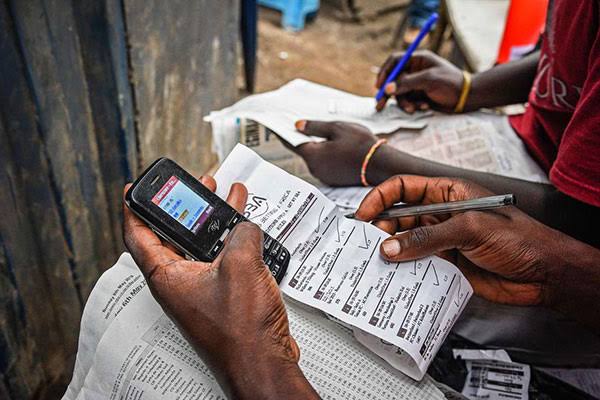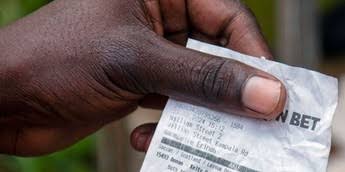By Jacinta Kamene
Over the past decade, Kenya’s betting industry has exploded into a multi-billion-shilling sector, fuelled by widespread mobile technology adoption and aggressive marketing.
However, this boom has been shadowed by periodic public outcries for outright bans. The Betting Control and Licensing Board (BCLB), tasked with regulating the industry, has often found itself fire-fighting crises rather than preventing them.
It’s time now for the board to shift from being merely reactive to acting as a proactive organ ready to spearhead sustained public awareness campaigns to mitigate harm before it starts to recommend calls for draconian measures.
As a matter of fact, the BCLB’s mandate extends beyond licensing and enforcement. It is inherently responsible for safeguarding public welfare. Yet, its approach has largely been reactive, stepping in only when accusations such as underage gambling or predatory advertising trigger national outrage. Such crises underscore a systemic failure caused by negligence on the part of the regulator.

Preventive awareness campaigns could curb addiction rates and financial harm before they reach levels that signal crisis. According to a 2022 study by the National Authority for the Campaign Against Alcohol and Drug Abuse (NACADA), approximately 11% of Kenyan youth exhibit problematic gambling behaviours, often linked to limited understanding of risks.
By demystifying betting odds, promoting budget limits, and highlighting addiction signs, BCLB ought to empower citizens to gamble responsibly as a matter of duty.
Moreover, proactive engagement by the BCLB should focus on building public trust. Currently, many Kenyans perceive the board as complicit with it leaning more towards prioritising revenue collection and little, if at all, on consumer protection.
Leading transparent education initiatives would signal commitment to societal wellbeing and less on aligning the industry’s growth with ethical standards.

Drastic measures like bans are not just socially disruptive but economically perilous. The betting sector contributes over Ksh. 50 billion annually in taxes while employing thousands directly and indirectly.
A shutdown would devastate livelihoods and strain public coffers. By pre-emptively addressing harms, the BCLB can sustain the industry’s benefits while minimising its downsides and ensuring that Kenya avoids the cyclical “ban debate” that destabilises businesses and bettors alike.
The BCLB need not reinvent the wheel. Successful models, like the UK Gambling Commission’s stringent advertising rules and mandatory harm reduction messages, offer useful blueprints that are worth referring to.
Closer home, South Africa’s National Responsible Gambling Programme partners with clinics to offer free counselling, itself, an initiative Kenya could emulate.
For starters, we BCLB can encourage collaborative campaigns where it can partner with the media to integrate gambling education into community programmes to shield the vulnerable. The board can also adopt digital outreach to leverage social media platforms where bettors are most active to disseminate bite-sized tips on responsible gambling and links to support services.
Besides, the board can focus on supporting operator accountability where betting firms are collectively rallied towards dedicating airtime and ad space to create awareness messages, similar to tobacco warnings in an atmosphere where everyone (not just a few players) is involved.
The BCLB can enforce this through licensing conditions. Also, creating support systems to enable helplines and rehabilitation centres that can ensure affordable access for those struggling with addiction should be set up by BCLB.
Critics may argue that resource constraints or operator self-regulation suffice but truth be told BCLB must take the responsibility of managing an industry whose potential needs to be harnessed and protected. However, as the statutory regulator, the BCLB must take the leading role.
The BCLB’s role is not merely to police but to protect, guide and grow the industry. Waiting for crises to move to action undermines Kenya’s regulatory framework public good. By launching sustained awareness drives, the board can nurture a culture of responsibility, preserving the industry’s economic value while shielding citizens from pitfalls.
The BCLB must seize its role as an educator, not just a lazy enforcer. The stakes are too high for complacency.
Kamene is a consumer protection and regulatory policy specialist.



